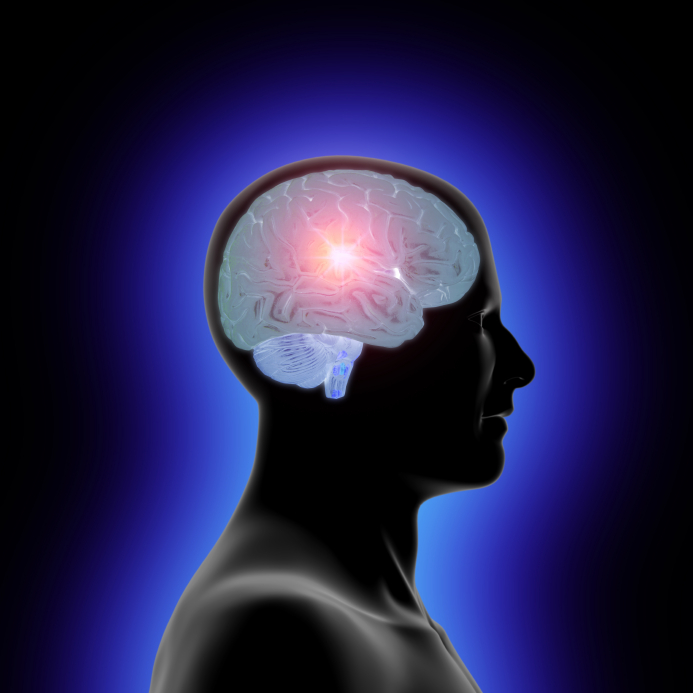24 Jun Concussion Newsletter
In light of the recent brain injuries that have occurred within the community, many patient’s concerns and questions have understandably arisen about concussions and brain rehabilitation. It would be beneficial to give some facts about brain injury, the latest research, and treatment options that exist for someone who has been injured.
A concussion occurs when the brain hits the skull causing inflammation and damage to the area. This can manifest itself into many different symptoms for patients including light sensitivity, balance issues, significant memory loss, among many others. Typically, in two weeks inflammation should subside and the person feels like their old self again.
During this time or immediately after the injury, patients will visit the hospital or their neurologist to get an MRI/CT Scan done to make sure no bleeding or fractures have occurred. In most cases, these tests come back normal.
In addition, a test like Immediate Post Concussion Assessment and Cognitive Test (IMPACT) and Sports Concussion Assessment Tool (SCAT) will be implemented to see if your scores now are worse than your baseline – however these tests only measure your memory/cognition/reaction time – no other physiological processes- which often times are impacted in a concussion.
The biggest challenge in managing a concussion patient occurs when symptoms persist past two weeks. At this point your medical neurologist will typically advise certain medications for any apparent symptoms you have, recommend a lot of rest (minimizing light and sound stimulation), and possible vestibular (balance) and exercise therapy if warranted.
If the above suggestions do not help then more rest is prescribed in addition to a possible change of medications. However, there is frequently more you can do. Chiropractic/Functional neurology can play a role from the onset of a concussion and/or be used as a baseline screening. This discipline looks to see which specific pathways were affected with the concussion and looks to restore balance and function with specific balance and eye exercises among other modalities. All exercises are designed specifically for the individual’s case and tailored to meet his/her particular needs. Sometimes, metabolic/diet intervention is needed as well to promote optimal brain function and health.
I hope this helps people understand concussions a little bit better!
If anyone has any questions, please feel free to contact Dr. Teytelbaum at 973-467-9011 or at chiromiket@gmail.com.
Dr. Teytelbaum is Board Certified in Chiropractic Neurology, a distinct specialty that only 450 practitioners worldwide hold. He has been studying under world renowned Dr. Frederick Carrick, PhD who is known as the father of Functional Neurology and the leader in concussion rehabilitation for professional athletes like NHL star Sidney Crosby and numerous celebrities and Olympians.
In Health & Happiness,
APRC


